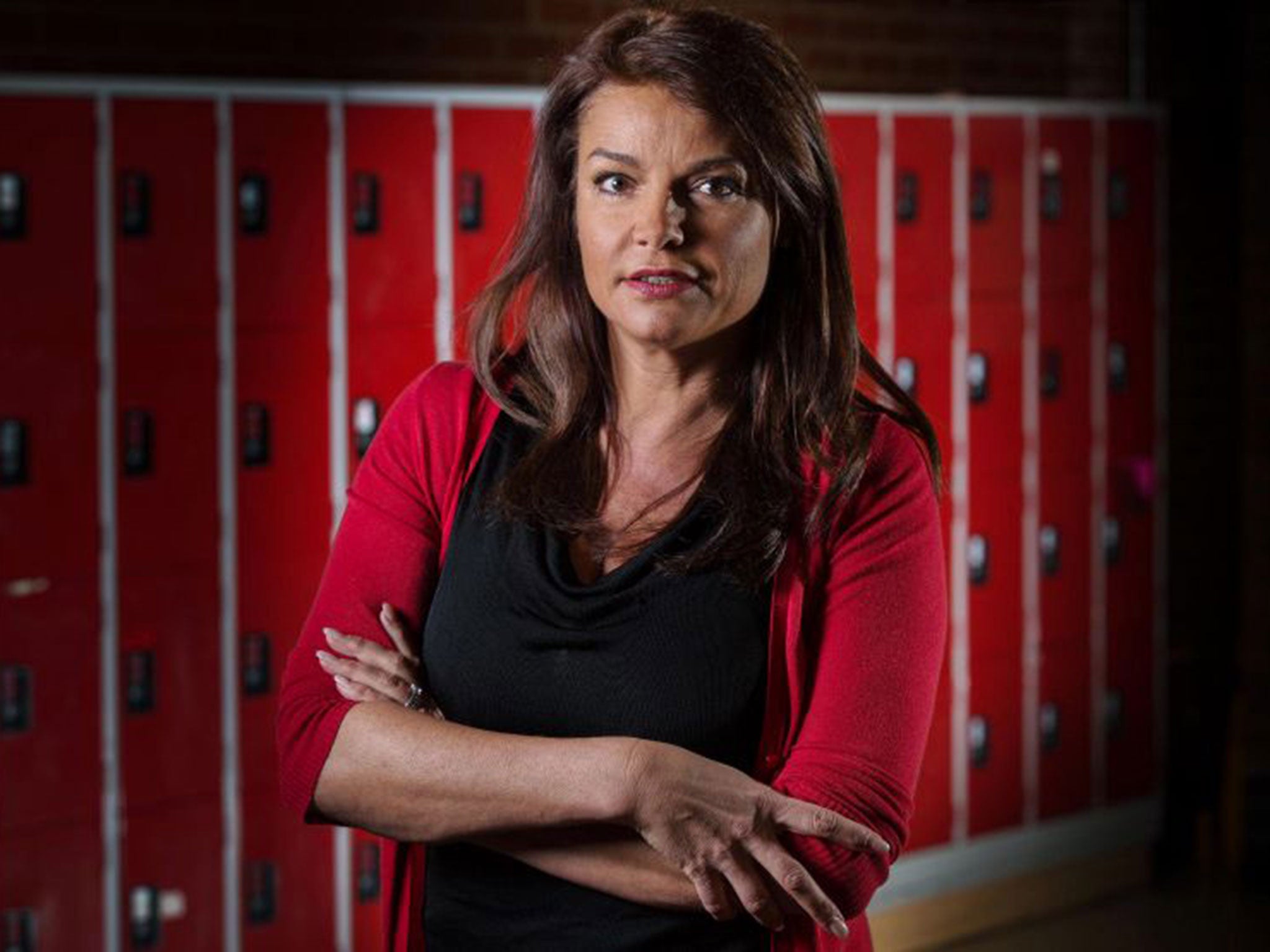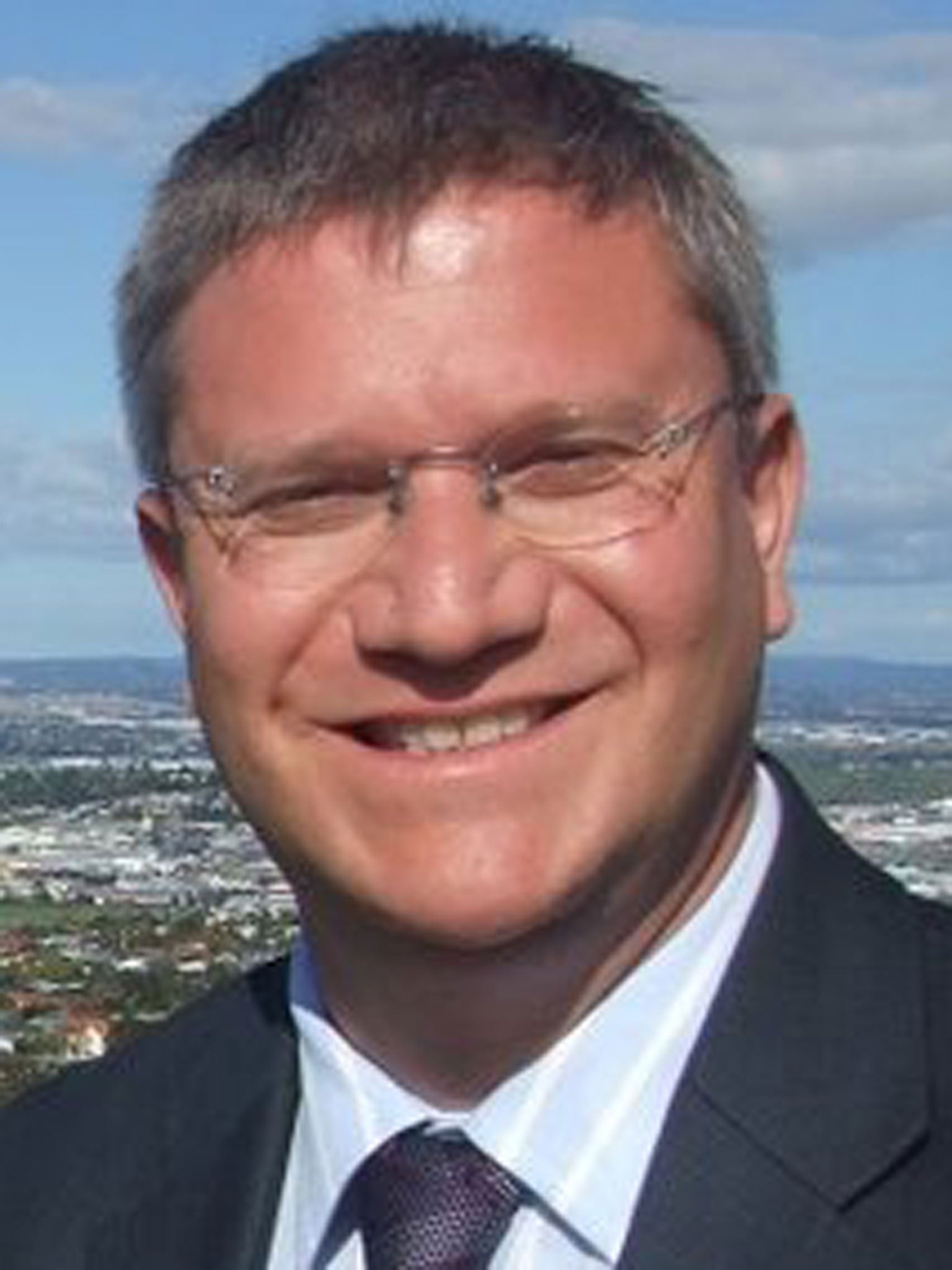Time for the vagina dialogue: We need compulsory, high-quality sex education
Our prudishness isn’t just a charming quirk in the national character, but a contributing factor in social ills from sexual assault to low self esteem

Your support helps us to tell the story
From reproductive rights to climate change to Big Tech, The Independent is on the ground when the story is developing. Whether it's investigating the financials of Elon Musk's pro-Trump PAC or producing our latest documentary, 'The A Word', which shines a light on the American women fighting for reproductive rights, we know how important it is to parse out the facts from the messaging.
At such a critical moment in US history, we need reporters on the ground. Your donation allows us to keep sending journalists to speak to both sides of the story.
The Independent is trusted by Americans across the entire political spectrum. And unlike many other quality news outlets, we choose not to lock Americans out of our reporting and analysis with paywalls. We believe quality journalism should be available to everyone, paid for by those who can afford it.
Your support makes all the difference.Have you met Ms Liekens? She’s the former Miss Belgium turned charismatic sexologist and UN Goodwill Ambassador who caused blushes this week when she appeared in the Channel 4 documentary Sex in Class, advocating for a more explicit style of sex-and-relationships education in schools. And boy, do we need it.
Britain lags embarrassingly far behind the rest of western Europe, as Goedele Liekens’s teenage pupils in this doc ably demonstrated. When the experiment began, the boys boasted about their daily porn consumption (five wanks a day, minimum) and advanced opinions that made Jay from The Inbetweeners look like a mature, enlightened feminist. The girls were meekly silent and heart-breakingly clueless about their own bodies, even in their single-sex lessons.
Before a month was out, however, Liekens and her giant vagina puppet had them all demonstrating a healthy respect for themselves as well as a mature understanding of consent. Frankly, that’s more than many British adults can manage.
We have a long-standing reputation for prudishness in this country and, sadly, it remains well-founded. No sooner had Liekens mentioned the word “clitoris” in her meeting with MP Graham Stuart, chair of the Government’s Education Select Committee, than he began squirming with discomfort. This isn’t another 15-year-old boy, remember; this is the man guiding Britain’s policy on sex education nationwide. No wonder we’ve got problems.
Compulsory, high-quality sex education would be the answer, if only everyone could stop blushing and stuttering for long enough to make it happen. Liekens’s work has already had a positive impact on the culture in her home country, according to Bert Heyvaert, a journalist for the Belgium newspaper Het Nieuwsblad. “I think the difference between England and Belgium is the way parents approach it. Here [in Belgium] parents already know that they need to speak in an open and frank way about sex with their children.”
It’s time we recognised that our prudishness isn’t just a charming quirk in the national character, but a contributing factor in social ills from sexual assault to low self esteem, not to mention all that bad sex that generations of Britons have put up with because they didn’t have the vocabulary, much less the confidence, to speak up.
The sex-education GCSE that Liekens suggests would be of great benefit to British teens but perhaps it’s their parents, teachers and government ministers who could really do with her help.
Clueless on the big picture
If politics is show business for ugly people, perhaps those megalomanic mingers might benefit from some movie-mogul wisdom, as recorded by Oscar-winning screenwriter William Goldman: “Nobody knows anything.”
When Goldman wrote those words in his 1983 book Adventures in the Screentrade, he meant them as a caution to the industry. As every big-budget turkey reminds us anew, there are simply no hard-and-fast rules that determine which film will be a hit and which won’t or what audiences want and what they don’t. Nobody knows anything.
These days Goldman’s words seem to apply just as much to the ballot box as to the box office. In the US, joke candidate Donald Trump was deemed the stand-out at the Republican debate, despite the Nixon-inspired rule that politicians must avoid looking sweaty and shifty on television.

In the UK, Jeremy Corbyn leads a growing movement in defiance of the received political wisdom that “economic credibility” – defined here as unquestioning acceptance of austerity – is the only way to appeal to British voters. Across Europe, the vote for centrist parties is collapsing even though, as “everyone knows”, the only way to win an election is to claim to the centre ground and hold onto it even at the cost of integrity. Meanwhile, all over the world esteemed psephologists are forced to admit that the old polling methods don’t work anymore.
Nobody knows anything, yet many still feel pleasantly warmed by the hot air that blows from deluded or dishonest commentators. It’s true that Goldman-style humility might threaten the livelihoods of a whole class of political strategists but it would also force them to do better. “How do we get more power?” could be replaced with a much more interesting question: “What should we do with the power we’ve got?”
‘Praise’ where it’s due
The Bible says: “You shall treat the stranger who sojourns with you as the native among you, and you shall love him as yourself.” So it might seem an obvious editorial choice for the BBC’s flagship Christian programme to film at a Calais migrant camp.
Not so, according to the complaints of viewers. Some on Twitter railed about the misuse of their licence fee, while Andrew Rosindell, the MP for Romford, said he felt it was an “insensitive” decision. “The BBC should be careful not to start looking as if they are making political points out of this.”

But it’s hardly political grandstanding for Songs of Praise to represent Christian values, is it? Perhaps disgruntled viewers of the programme fail to appreciate quite how much the atheistic hoards would love for the BBC to scrap this Sunday bore-a-thon in favour of more hangover-friendly viewing. The Devil has the best tunes, and some decent telly programmes too
If the BBC hasn’t yet given into temptation it’s because, in some quarters, public-service broadcasting is still sacred and high-quality religious programming falls within that remit. Songs of Praise deserves praise for this attempt to stay relevant.
Used car show, cash only
“More money than sense” is a phrase often applied to individuals but big corporations such as Amazon can also find themselves spending recklessly.
Amazon Studios has recently allocated an astonishing £160m for the first series of Jeremy Clarkson, Richard Hammond and James May’s new motoring show, which is a shame when there are so many more intelligent ways it might have spent that money: 1. Luxury Caribbean holidays for every junior member of the BBC production team who had to endure one of Clarkson’s tantrums. 2. A ton of marshmallows for children to toast on a massive bonfire of James May’s horrible shirts. Oh and, of course, 3. Paying HMRC some of the millions in UK corporation tax it’s avoided over the past 11 years.
Twitter: @MsEllenEJones
Join our commenting forum
Join thought-provoking conversations, follow other Independent readers and see their replies
Comments